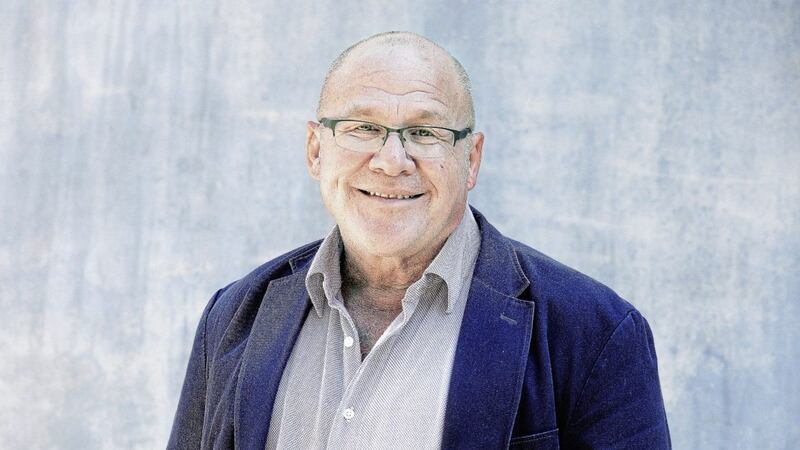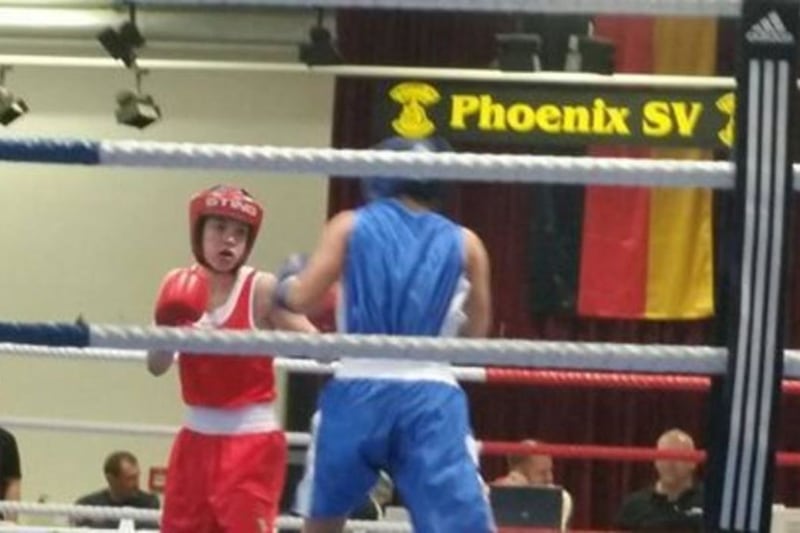IN the My Kind of Job spotlight this week is Pat Ryan, former teacher and now professional storyteller. He is involved in the Armstrong Storytelling Bursary, which aims to promote the oral tradition across Northern Ireland
What’s your job?
I am a storyteller as well as a writer, a folklorist, a teacher/educator, and an academic.
How did you get there?
After I did my first degree in literature and drama in the US, I decided to train as a teacher. After two years of teaching in America, a girlfriend in England suggested I apply to teach there and I found a job at an international school 34 years ago.
I had so many requests for storytelling work I took a sabbatical from teaching to try storytelling full time, and it took over as a career. I’ve been doing it full-time for 29 years now.
I heard about Liz Weir and her summer storytelling scheme in the Belfast Libraries and wrote to her. She invited me over and we’ve been friends and colleagues ever since and I’ve moved permanently to Northern Ireland.
It was through my association with Liz that I became involved with the storytelling bursary funded by Roger Armstrong. It has run as a pilot project with Libraries NI for two years and is now expanding its scope to train other storytellers and reach more people.
Do you have a typical working day?
If it’s during the school year I’m often travelling, and doing a full day in a school. Each session would be different, as I can draw upon hundreds of stories so that each session is appropriate to the age group.
I do a lot of festivals in the summer, mostly folk festivals in England, but also storytelling festivals and community and arts festivals
What qualifications do you have?
I have a degree in literature and drama, and a masters’ degree in education, a teaching qualification, and a PhD. However, you don’t really need qualifications to be a storyteller, just the ability to listen well and lots of life experience. You need guidance and support to get started and develop your skills, which the Armstrong Bursary will be offering to up and coming storytellers.
What other skills do you need in your role?
Besides being a good listener, having a good memory, and having a pleasant voice, it helps to have an ability to do some kind of research or fieldwork. It’s also important to be good at communicating with and connecting to people.
What’s the best thing about your job?
I love the response of listeners, especially children. When children ask me why I do the job I say because I like it, which I do, but also because I like to make people think and feel at the same time.
And the worst?
Probably the unreliability of it all—as a freelance, it can be precarious.
What do you think are the greatest challenges of the job?
The exhaustion from travelling.
What did you want to be when you were at school?
Something to do with books, as I loved to read - maybe a librarian or writer. I certainly never thought I’d end up working as a storyteller in Europe.
What advice would you give someone considering a career in your profession?
I’d encourage them to study something they love or pursue a trade they love, and keep reading and listening to stories and tell them to people when you get the chance. It’s also worth meeting other storytellers like Liz and getting some experience through the Armstrong Bursary.
What’s the most common question people ask when they find out what you do?
Can you tell me a story?
How do you like to relax outside work? Lots of reading and long walks. The occasional visit to a pub with traditional music, or jazz whenever I can. Or a play or concert. When I’m in town, going to watch football and rugby in the pub with friends.






